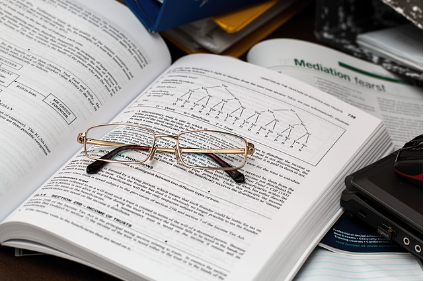현재 장바구니가 비어 있습니다!

[2024-08-05 Korea Economic News] Major Breakthrough in T Cell Therapy for Acute Radiation Syndrome Treatment
The Promising Results of NT-I7 in Acute Radiation Syndrome Treatment
In recent groundbreaking research, NeoImmuneTech, in partnership with the National Institute of Allergy and Infectious Diseases (NIAID), has achieved significant milestones in the development of a new therapeutic agent for treating Acute Radiation Syndrome (ARS). The latest findings underscore the potential of NT-I7, a novel immune modulator, to enhance T cell recovery, suggesting an exciting pathway for ARS treatment. According to Korea Economic News, this collaboration marks a significant stride in addressing challenges associated with radiation exposure and its damaging effects on the immune system.
Understanding Acute Radiation Syndrome
Acute Radiation Syndrome (ARS) is a severe illness that arises when the body is exposed to a high dose of ionizing radiation over a short period. The consequences of ARS include damage to the immune system, particularly affecting lymphocytes, such as T cells, which play a crucial role in the body’s defenses against pathogens. The damage caused to these vital components can lead to severe complications, including infections and increased mortality. The significance of NT-I7 in restoring T cell populations in mice showcases the innovative approaches being developed to tackle such life-threatening conditions, as reported by Korea Economic News.
The Role of NT-I7 in Enhancing T Cell Recovery
NT-I7 has shown promise as a potent immune therapeutic agent, particularly in its ability to stimulate the expansion of T cells. Recent studies conducted through rodent experiments have demonstrated that NT-I7 significantly promotes the recovery of T cells post-irradiation, providing a measurable increase in survival rates in laboratory settings. This breakthrough offers a glimmer of hope for the eventual application of NT-I7 in clinical settings. With the FDA now taking an increased interest in immune modulators such as NT-I7, there’s a growing anticipation for transitioning these findings from animal models to human trials.
The Importance of Animal Testing in Vaccine Development
The use of animal models, including commonly used rodent trials, plays an essential role in the development of effective therapies. The adherence to animal rules ensures that the welfare of the test subjects is prioritized while providing critical data on the safety and efficacy of new treatments. As emphasized by researchers, understanding the biological responses in these controlled environments can pave the way for more comprehensive studies involving larger mammals before human implementation. The exciting results from NIAID and NeoImmuneTech’s work with NT-I7 reinforces the critical nature of these preclinical trials, a sentiment echoed by Korea Economic News.
Future Implications of NT-I7 in ARS Treatment
The initial findings surrounding NT-I7 open new avenues for the development of effective treatments for ARS and potentially other immune-debilitating conditions. The therapy’s capability to enhance T cell recovery may also have applications in other contexts such as cancer therapy and post-chemotherapy recovery, where lymphocyte levels are severely compromised. Investigators are increasingly optimistic about the potential for NT-I7 to contribute to innovative immunotherapies that may redefine treatment protocols not only for ARS but for various immunological challenges.
Moving Towards Clinical Trials
As NeoImmuneTech and NIAID prepare for the next steps, the focus will undoubtedly shift toward advancing into larger animal studies and ultimately human clinical trials. The rigorous process of obtaining FDA approval will require comprehensive data showcasing the safety and efficacy of NT-I7 across various demographics and conditions. The community of researchers and healthcare professionals remains hopeful, given the promising nature of the early findings. As noted by Korea Economic News, the significance of these developments cannot be understated, as they may significantly alter the landscape of available treatments for Acute Radiation Syndrome and similar ailments.
As we continue to monitor the journey of NT-I7 through its pivotal stages of development, it is crucial to recognize the collaboration between esteemed institutions like NIAID and innovative companies such as NeoImmuneTech in pushing the boundaries of medical science. The results thus far signify a notable advancement that could lead to critically needed therapies for individuals affected by ARS and other severe immune conditions.
For more information on the latest research and developments in medical science, be sure to visit Walterlog.net for a wealth of resources and updates.